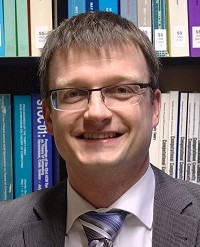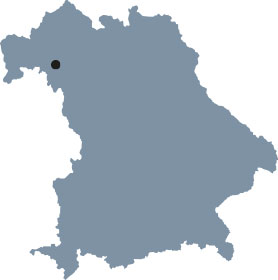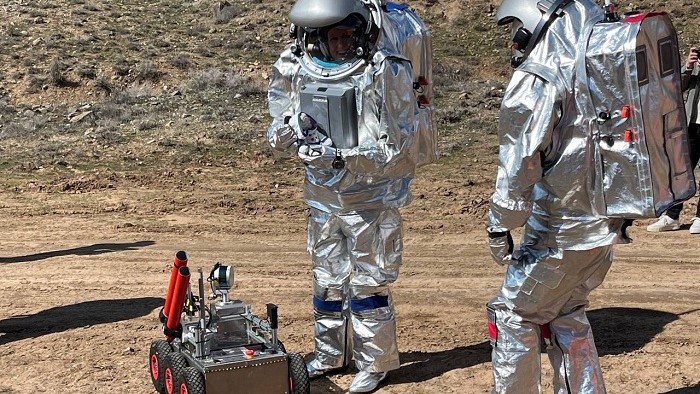Satellite Technology
The aerospace sector is a very research-intensive field that offers attractive jobs for highly qualified students. The Elite Graduate Program “Satellite Technology” focuses on interdisciplinary space systems engineering skills. Selected excellent students are intensively supported and trained for challenging, interdisciplinary tasks in space systems development with special application to Earth observation and telecommunication.
| Degree | Master of Science |
| Duration of study | Four semesters |
| Place of study | Würzburg |
| Admission requirements | Bachelor’s degree in sciences or engineering |
| Language of instruction | English |
| Application deadline | March 15th |
| Begin of studies | Winter semester |
| Head | Prof. Dr. Andreas Nüchter (Würzburg) |
| Coordinator | Heidi Frankenberger Contact the coordinator |
| Further information | Website Satellite Technology |
The objective of the Elite Graduate Program “Satellite Technology“ is enabling students to work on the realization of space missions through its interdisciplinary curriculum and a close cooperation with nearly all Bavarian space experts in academia, research and industry. This requires competencies in computer science, mathematics, geosciences, control engineering, mechanical engineering, materials sciences, physics, communication and electrical engineering. It is Würzburg’s speciality to focus on electronics and computer science methods rather than traditional fields such as mechanical engineering. Related adaptive space systems are very much in demand in research and industry environments, offering excellent job prospects for our graduates in the next-generation space industry.
The program of “Satellite Technology“ mirrors the three phases of space development: system analysis (1st semester), system design (2nd semester)and system implementation (3rd semester).
During the 4th semester students implement the concepts of these semesters in their master’s theses. Course contents and research projects focus on space systems engineering skills and include interdisciplinary fields e.g. space dynamics, attitude and orbit control, computer science, robotics, telecommunication, remote sensing, electrical and mechanical engineering, control engineering and many more.


Discover new things: "To boldly go where no man has gone before!" - space offers exciting opportunities for further development of science and technology. The skills learned in "Satellite Technology" can also be put to very good use on earth.
Prof. Dr. Andreas Nüchter
Individual support and comprehensive out-of-class curriculum
The Elite Graduate Program intensively supports students in hands-on realization of theoretical lectures in hardware design classes. Thus, students are involved in research topics in interdisciplinary teams. During the semester breaks students can develop their skills in individual research projects at partner institutions (e.g. space agencies, space research institutes, space industry).



